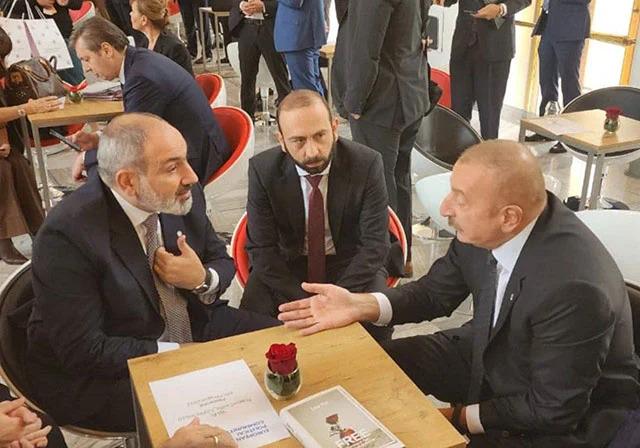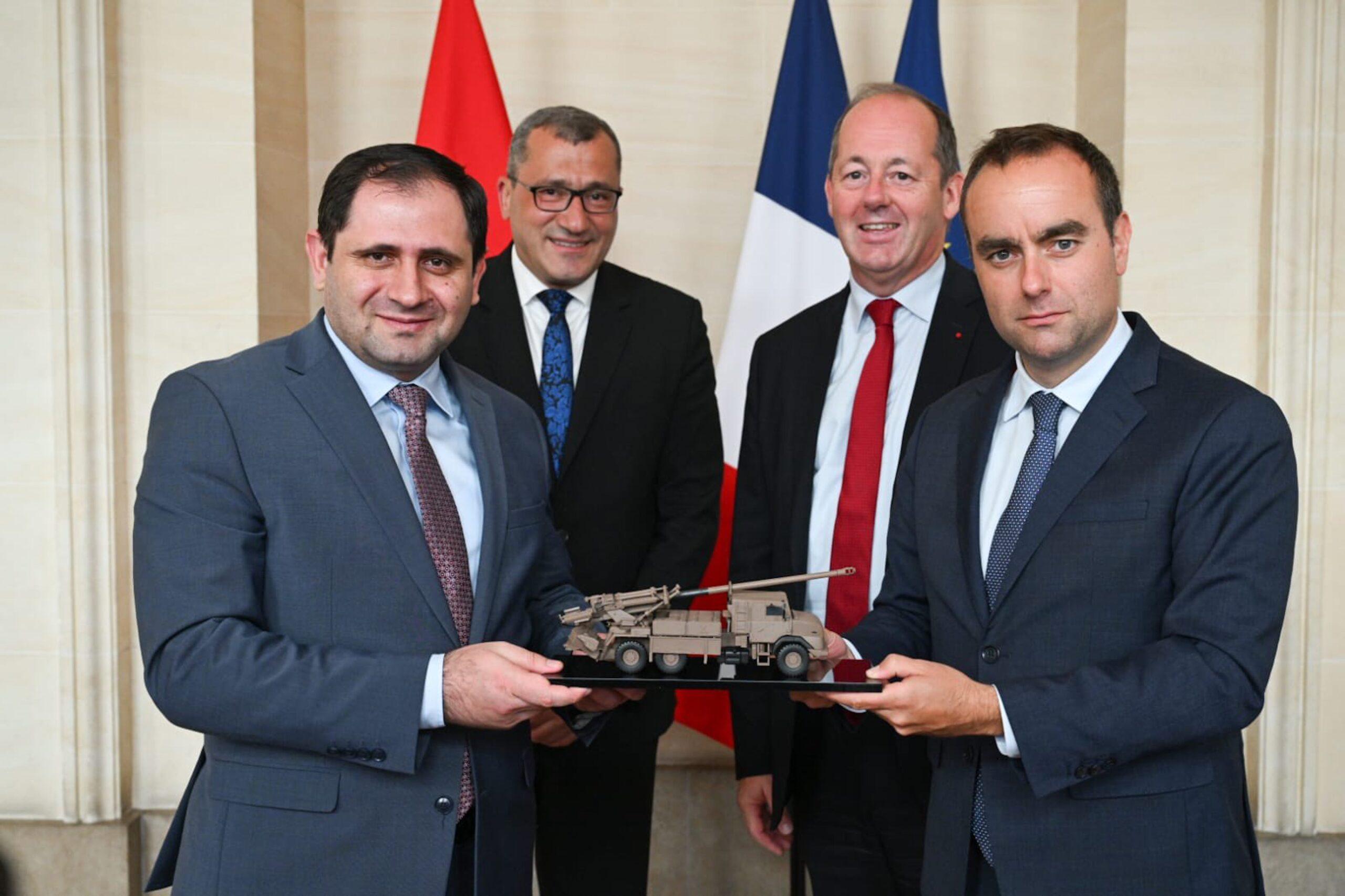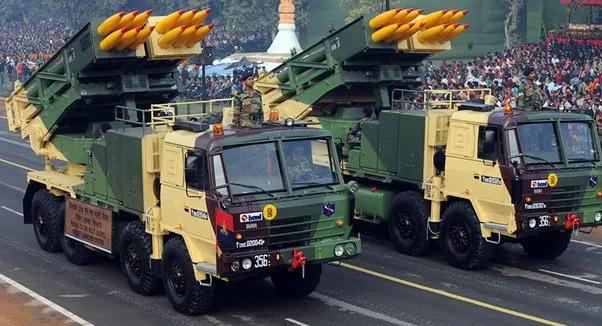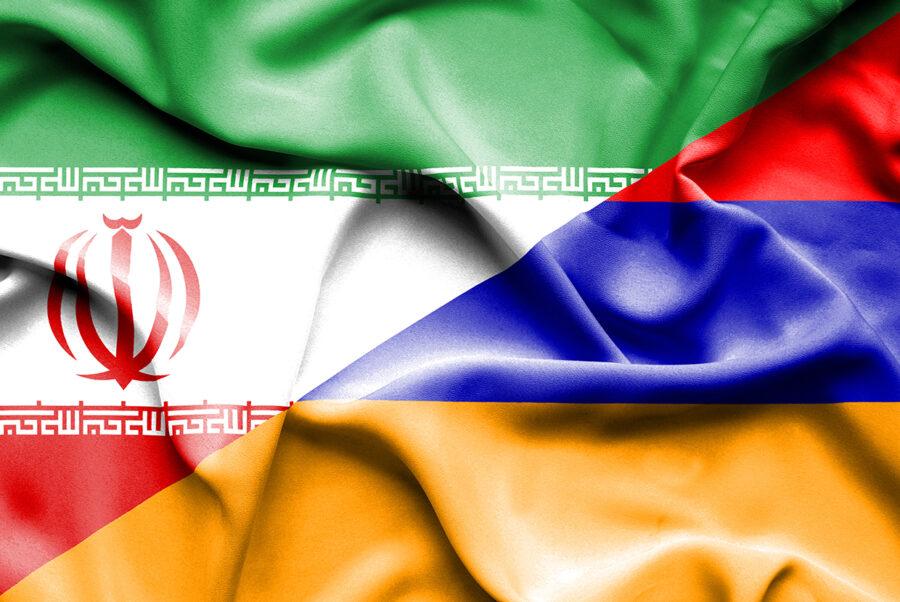Armenia’s militarization risks reigniting conflict, perpetuating vicious circle West's strategy fuels no-win spiral in South Caucasus
The militarization of Armenia, fueled by Western support, has heightened tensions between Baku and Yerevan, pushing the region towards renewed conflict. As the West supplies Armenia with lethal weaponry, the prospects for a peace deal between the two nations seem increasingly dim. With COP29 in Baku on the horizon, questions loom over whether a temporary understanding can be reached, or if the vicious circle of conflict will persist.
Q: What is the current state of contact between Baku and Yerevan?
The contact between Baku and Yerevan remains strained and delicate, characterized by occasional escalations and deep-seated mistrust. Although diplomatic efforts are ongoing, progress has been slow, with the militarization of Armenia and its territorial claims over Karabakh further complicating the situation. Despite these challenges, some communication channels remain open, with international actors striving to bring both sides closer to a comprehensive peace agreement.

Q: How far are the parties from signing a peace deal?
The parties are still quite far from signing a definitive peace deal. While there have been negotiations and some progress in certain areas, significant disagreements remain, particularly over the recognition of territorial integrity. The deep-rooted mistrust and conflicting national interests have made it challenging to reach a consensus on key issues. Furthermore, Armenia's increasing militarization, backed by various countries, has added to the complexities of the peace process. Although both sides have expressed a desire for peace, a final deal may still be a long way off.
Q: What are the hopes for the parties to sign at least an interim document during COP29 in Baku?
There is cautious optimism that an interim document might be signed during COP29 in Baku, where Armenian Prime Minister Nikol Pashinyan has been invited. The international community views this event as an opportunity to bring the two sides closer to a temporary understanding, if not a full-fledged peace agreement. An interim document could help solidify smaller agreements reached in previous talks and serve as a foundation for further negotiations.
However, the success of this initiative hinges on several factors, including the willingness of both sides to compromise and the influence of external actors. If Baku and Yerevan can agree on a framework that addresses immediate concerns, it could pave the way for more comprehensive discussions. Nonetheless, signing any document, even an interim one, will require significant diplomatic effort and goodwill from both parties.
Q: What is the current status of Armenia's militarization?
Armenia's militarization has been accelerating at an alarming rate. The country, which once occupied 20% of Azerbaijani territory and still maintains territorial claims to Karabakh in its constitution, is receiving a significant influx of offensive, lethal weapons from the West. This is particularly surprising given the West's strong stance on the "principle of territorial integrity" in the context of the Russian-Ukrainian conflict. Despite being a key hub for circumventing anti-Russian sanctions and a member of both the CSTO and the EAEU, Armenia is now being heavily armed by the US, France, the European Union, as well as India and Iran.

Q: What kind of military support is Armenia receiving from the West?
Armenia has been supplied with a wide range of modern weaponry. Verified sources indicate that over the past few weeks, Armenia has received French 155mm self-propelled artillery units (CAESAR), anti-tank missile systems, air-to-air missiles, and more. These weapons are being delivered through Iran, with the Iranian airline Meraj playing a crucial role in transporting the arms from France to Armenia. To give a sense of scale, Armenia has received one division of CAESAR artillery units, which is significant considering that the French army had only 76 Caesars at the beginning of the Russian-Ukrainian war.
Q: How is the Iranian role in Armenia's militarization being perceived?
Iran is deeply involved in the militarization of Armenia, facilitating the transfer of weapons from both France and India to Armenia. Iran's involvement is not limited to being a transit route; Iranian military specialists are reportedly exploiting this situation for military-industrial espionage, particularly focusing on advanced French military technologies like the CAESAR artillery units. Despite its claims of promoting regionalism and preventing external influences in the South Caucasus, Iran's actions are effectively bolstering Armenia's military capabilities and inadvertently strengthening NATO's position in the region.

Q: How has Azerbaijan responded to these developments?
Azerbaijan has expressed significant disappointment with Iran's actions, especially given the historical and religious ties between the two nations. Baku had hoped that the newly elected Iranian President Masoud Pezeshkian, who has Azerbaijani roots, would work towards pacifying the region and halting the transit of Western weapons to Armenia. However, this expectation has not been met, and the volume of arms being funneled through Iran to Armenia continues to grow. This situation has further strained relations between Azerbaijan and Iran, with Azerbaijan perceiving Iran's actions as a direct threat to its security.
Q: Is there any evidence of a secret arms deal between Armenia and Iran?
Yes, credible sources have confirmed that Armenia and Iran have signed a secret arms deal worth $500 million. Despite Iranian denials and attempts to downplay the reports, thorough verification of facts and sources has led to the conclusion that this deal is real. This revelation has exacerbated Azerbaijan's concerns, as it indicates that Iran is not only facilitating the transit of Western weapons but is also directly arming Armenia, further complicating the regional security landscape.

Q: What are the broader implications of Armenia's militarization for the region?
The ongoing militarization of Armenia, supported by various international actors, is likely to reignite the longstanding conflict between Armenia and Azerbaijan. By providing Armenia with advanced weaponry, the West and its allies are not restoring regional military balance, as they claim, but are instead making a new round of bloodshed inevitable. The countries involved in arming Armenia will bear a significant share of responsibility for any future conflicts and the potential disintegration of Armenian statehood. As tensions rise, the Azerbaijani army may once again be forced to intervene to protect its territorial integrity and ensure regional stability.
Conclusion
In conclusion, the escalating militarization of Armenia, driven by external support, threatens to derail any prospects for lasting peace between Baku and Yerevan. As tensions rise and trust erodes, the likelihood of a renewed conflict grows, casting a shadow over any diplomatic efforts, including those anticipated at COP29. Without a concerted effort to break this vicious cycle, the region may be drawn into another round of violence, undermining the fragile stability that has been painstakingly achieved.








